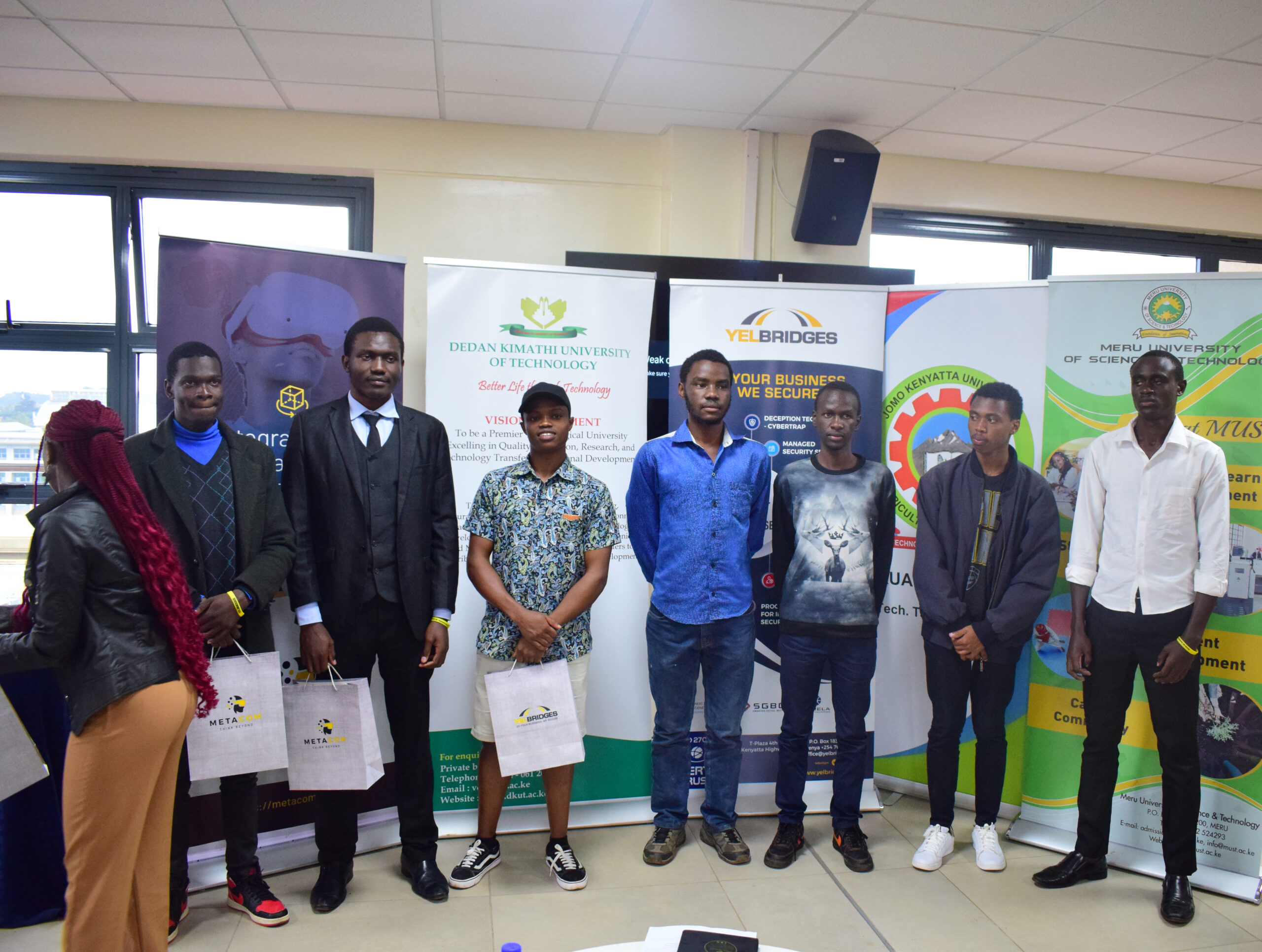Metraverse Safaris

Project Introduction
Machakos University’s project aimed to use virtual reality technology to promote tourism in Kenya by developing a platform that offered immersive and interactive experiences of tourist attractions, creating a realistic and engaging environment to generate interest and attract visitors.
The platform also served as a marketing tool for both domestic and international tourists, showcasing the diverse attractions that Kenya had to offer, from wildlife and natural wonders to cultural and historical landmarks.
Project details
Machakos University’s project aimed to develop a virtual reality platform that would help promote tourist attraction sites in Kenya. The platform enabled potential visitors to view immersive and interactive experiences of various tourist sites, showcasing the activities and attractions available. By creating a virtual environment, the project aimed to provide a realistic and engaging experience that would spark interest and generate the desire for visitors to physically visit these sites.
The project also helped in marketing these tourism centers to both domestic and international tourists, as the platform was accessible from anywhere in the world. This was a valuable tool for the tourism industry, as it helped promote the diverse attractions that Kenya had to offer, from wildlife and natural wonders to cultural and historical landmarks.
Target Market
- Tourism operators and agencies who want to showcase Kenya’s attractions in a more engaging and interactive way to potential visitors.
- Companies that are interested in sponsoring the project to showcase their products or services to potential customers.
- Direct customers who are interested in experiencing Kenya’s attractions through virtual reality and who may be willing to purchase or rent the virtual reality equipment and content.
Business model
The revenue model for the project could have involved partnerships with tourism operators and agencies, as well as sponsorship from companies that may have been interested in showcasing their products or services in the virtual environment. Additionally, the project had the potential to generate revenue through direct sales or rentals of the virtual reality equipment and content to users.
Overall, Machakos University’s project aimed to enhance the tourism industry in Kenya by leveraging the power of virtual reality to market the country’s rich cultural, natural, and historical heritage.
